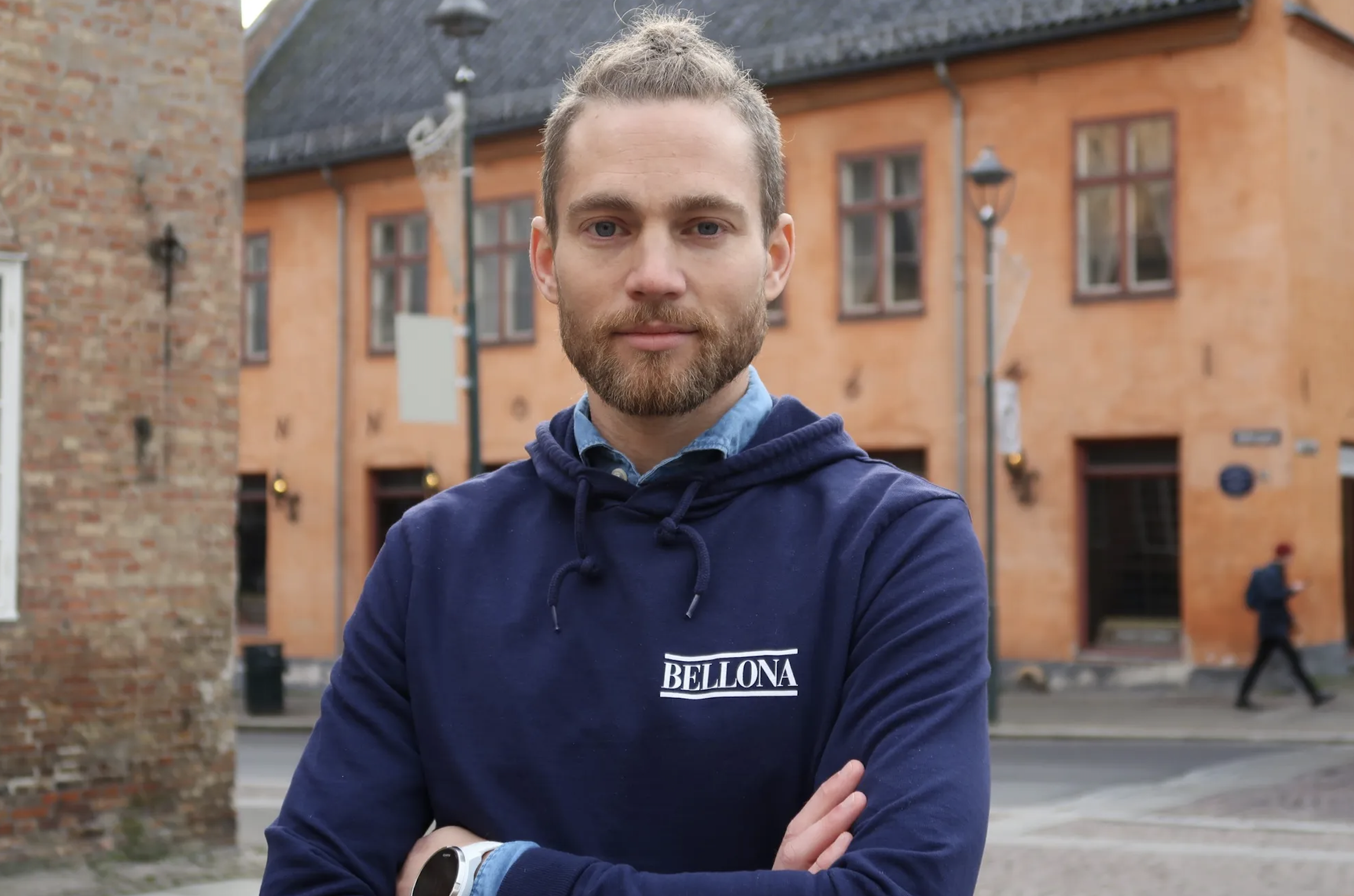
Not whether, but how fast on CO₂ storage in Norway
The following op-ed by Eivind Berstad, Bellona’s CCS team leader, originally appeared in Teknisk Ukbladet. When the European Free Trade Associatio...
News

Publish date: April 29, 2022
News
Bellona has recommended that the German government build a CO2 transport and storage infrastructure for German industry. This is now being planned in Wilhelmshaven in northern Germany.
According to Tagesspiegel Background, a German news site, the facility will be able to receive and ship out CO2 from the rest of Germany.
The German government has previously said it wants to build two terminals for receiving liquefied natural gas. Despite being strongly opposed to the building of new fossil fuel infrastructure, Bellona Deutschland indicated in its recommendations that, if such structures will be build, they should come at a non-negotiable condition of being combined with infrastructure for transport and storage of CO2.
The new strategy for an export terminal for CO2 comes from the consortium partners for a planned energy hub in Wilhelmshaven and from the German energy agency Dena. Together, they have developed a strategy that will be published in two weeks, according to Tagesspiegel Background. The Energy Agency was established and is partly owned by the German state.
The new CO2 export plans, which are yet to be presented in detail, are a clear signal to government to provide the necessary policy framework.
“Recommendations from the German energy agency usually have a considerable impact”, says Erika Bellmann, head of Bellona’s office in Germany.
Tagesspiegel Background also refers to a report commissioned by Bellona that deals with legal framework conditions for the capture and transport of CO2 from German industry for permanent geological storage, for example in Norway. The report describes what policy is needed for enabling CO2 capture and transport of CO2, including financial support schemes. “Generally, there are no significant hurdles to CO2 capture and transport. But some adjustment should be made as part of the CO2 management strategy to facilitate deployment”, says Erika Bellmann, head of Bellona’s office in Germany. A CO2 management strategy aiming at unavoidable emissions and negative emissions is part of the coalition treaty of the current government.
In March, German Vice-Chancellor Robert Habeck (Greens) and Norwegian Prime Minister Jonas Gahr Støre (Labour) agreed to “take a leading role” in CO2 management for industry in Europe.
“A German export terminal for CO2 would be a logical next step in that collaboration,” says Olav Øye, Bellona adviser for climate and industry in Norway and the Nordic countries.
About Bellona Deutschland
In 2021, the Bellona Foundation established an office in Berlin, Germany, led by Dr. Erika Bellmann. CO2 capture and storage and climate action for heavy industry are some of its key areas of work. Bellona has contributed to and written several reports on CO2 capture and storage for Germany, and has actively participated in the German climate debate.

The following op-ed by Eivind Berstad, Bellona’s CCS team leader, originally appeared in Teknisk Ukbladet. When the European Free Trade Associatio...

For the past eight years, disinformation has dominated news around elections all over the world. Despite this, it is still a widely misunderstood con...

A ruling by the European Free Trade Association Court that Norway’s continental shelf falls under the European Economic Area Agreement could dramatic...

Bellona held a seminar on countering Russian disinformation in the Arctic at the Arctic Frontiers international conference in Norway